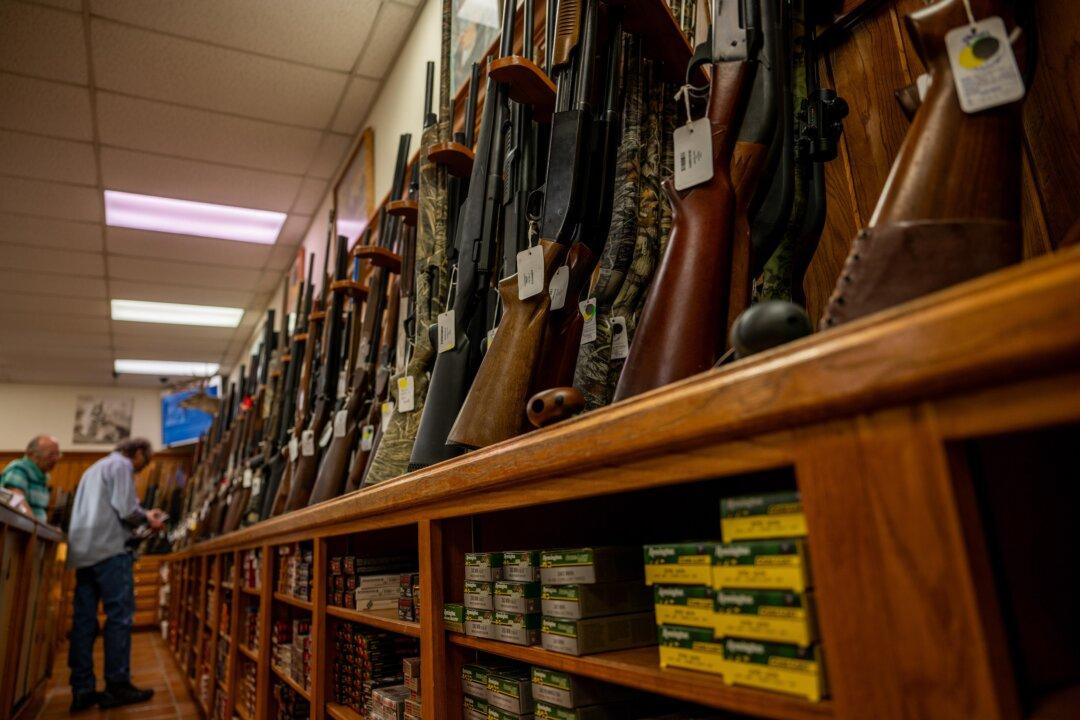Indigenous hunters and trappers are worried that Ottawa’s gun bill will infringe on their ancestral hunting rights, says the First Nations Chiefs of Police Association’s executive director.
“A lot of our communities are very fearful or insistent that the legislation doesn’t infringe on their inherent rights to hunt and harvest animals for food,” Edward Lennard Busch told the Standing Committee on National Security, Defence, and Veterans Affairs.





